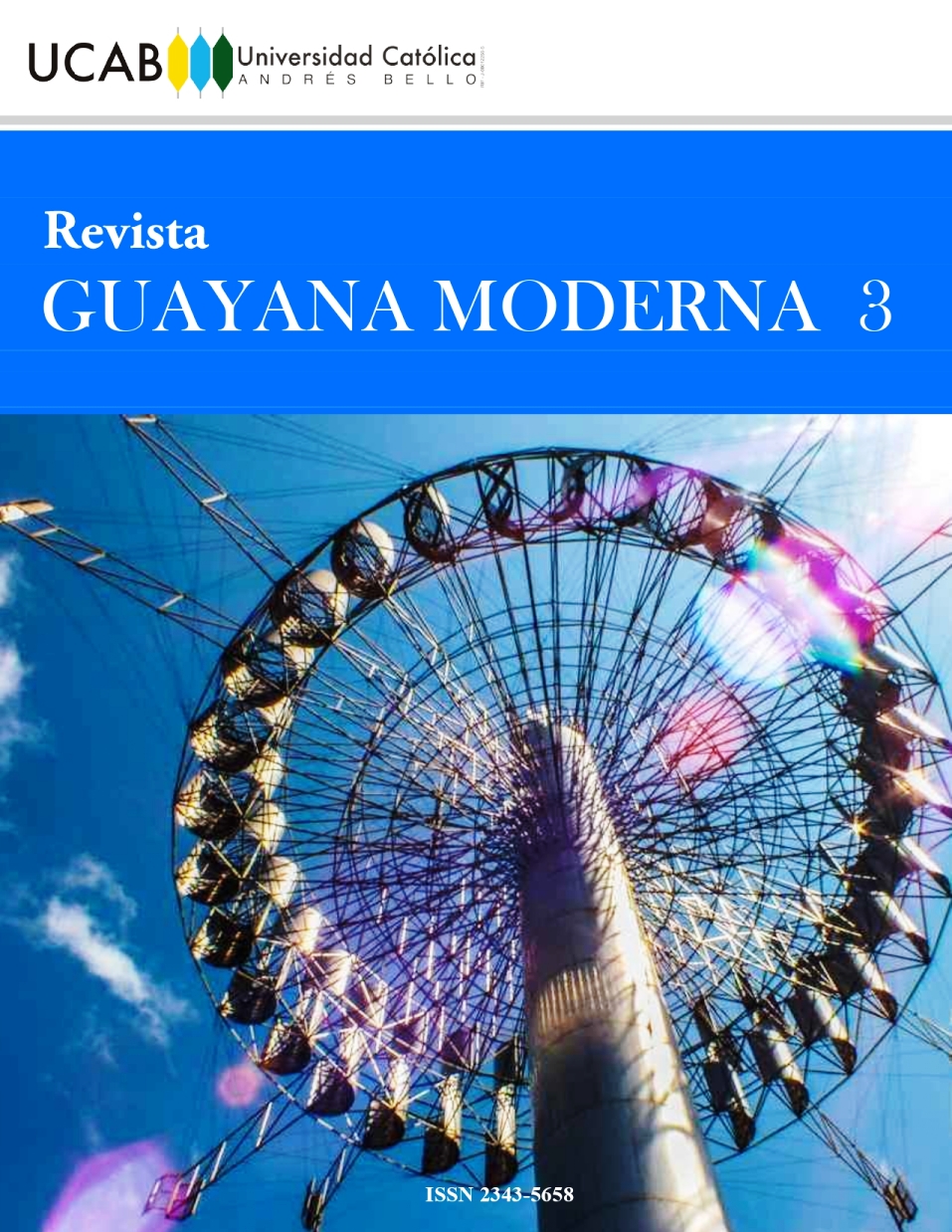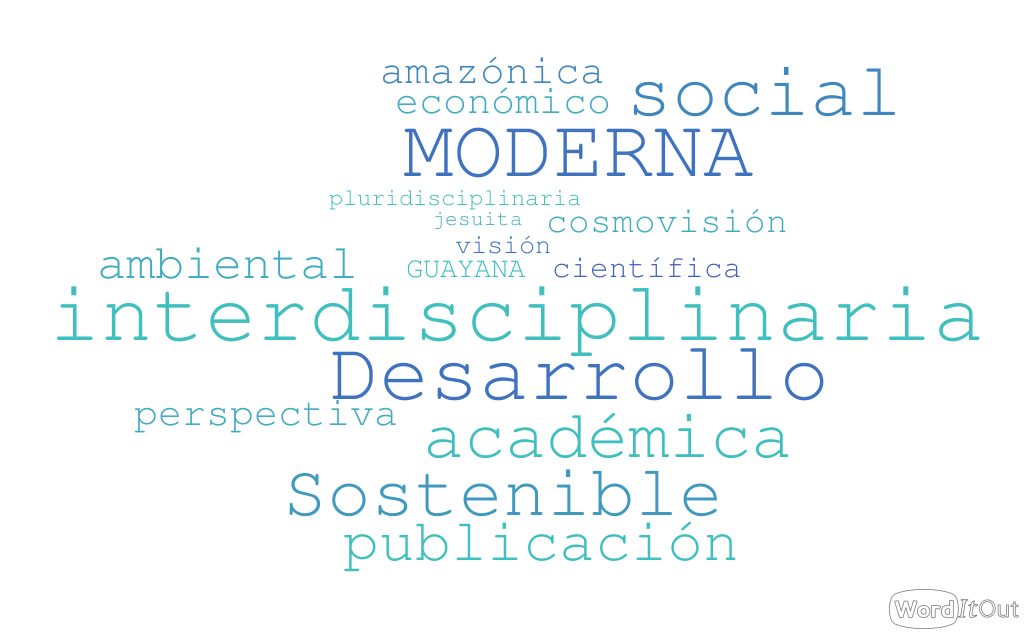KNOWLEDGE AND HISTORY OF MAN
DOI:
https://doi.org/10.1234/gm.v3i3.5269Abstract
From the birth of Greek philosophy and the search for answers about the principles and causes of things, arise, from the hand of two of his great Greek thinkers the currents that seek to explain from different perspectives as knowledge occurs. This article roughly reviews the origin, process and evolution of knowledge in Western civilization, using the traditional nomenclature used by many of the scholars of the different stages of its history. Be part of the prehistory, using the imagination to relate the first moments of man and his contact with the nature. In ancient times the main ideas of the three philosophers, Socrates, Plato and that revolve around knowledge and man. In age In the middle, the positions of Aquinas and Augustine about thought and God are summarized. In the modern age the changes of the Renaissance are synthesized, the positioning of empiricism inductive from the hand of Hume, Locke and Bacon, as well as the response of the rationalists Descartes, Leibnitz and Kant. In contemporary times and today the new ideas that seek to displace the prevailing political, economic and religious order; they expose the ideas of the representatives of the different lines of thought where they stand out Comte, Fitchte, Hegel and Sartre, in addition to the representatives of logical empiricism, critical rationalism and humanist sociohistoricism, as well as the other alternatives methodologies that arise from the hand of social scientists. It ends with some conclusions derived from the study carried out.
Key Words: Knowledge, Empiricism, Rationalism.








